Scouted selects products independently. If you purchase something from our posts, we may earn a small commission.
Sunscreens have never been as popular as they are today, with Google Trends showing a steady increase in user searches over the past five years—and we’re glad the masses are finally catching on about the importance of daily SPF use. I talked to Dr. Adeline Kikam, dermatologist and skin of color advocate, and Dr. Michelle Wong, cosmetic chemist, about the best sunscreens on the market today.
There are two main types of sunscreen based on their active ingredients: physical (also known as mineral sunscreen) and chemical sunscreens. Ingredients vary worldwide, but Dr. Kikam explained that in the U.S., physical sunscreens usually use zinc oxide and titanium dioxide. In contrast, chemical sunscreens have active ingredients that are more extensive, including avobenzone, oxybenzone, homosalate, octinoxate, and octocrylene.
Both types of sunscreen have their strengths and weaknesses. Chemical sunscreen typically has higher SPF and strong UVA protection, said Dr. Wong, with a more pleasant texture that people usually prefer (important when the key is consistent usage). The drawback is that some have allergic reactions to certain chemical sunscreen ingredients.
On the other hand, physical sunscreens are great for those with sensitive or eczema-prone skin, said Dr. Kikam, though the significant drawback is the white cast showing on darker skin. While there is discussion around the impact of sunscreen on the environment, the data is inconclusive.
“Neither chemical nor physical sunscreens go into the environment at high enough concentrations to have more than a very minor impact,” said Dr. Wong.”The environmental impacts of sunscreens, in general, are very overblown in the media.”The more important feature of sunscreen is the ease of use, said Dr. Wong. “This means you want something that suits your skin, that you enjoy applying, and fits your budget.”
When it comes to application, you’ll want to find a broad-spectrum sunscreen that’s at least SPF 30. The rule of thumb is to apply 1 ounce to cover your exposed body and reapply every two hours or when sweating or swimming. Not sure you found that perfect sunscreen yet? Scroll through below to find out the best derm-approved sunscreen for your skin type.
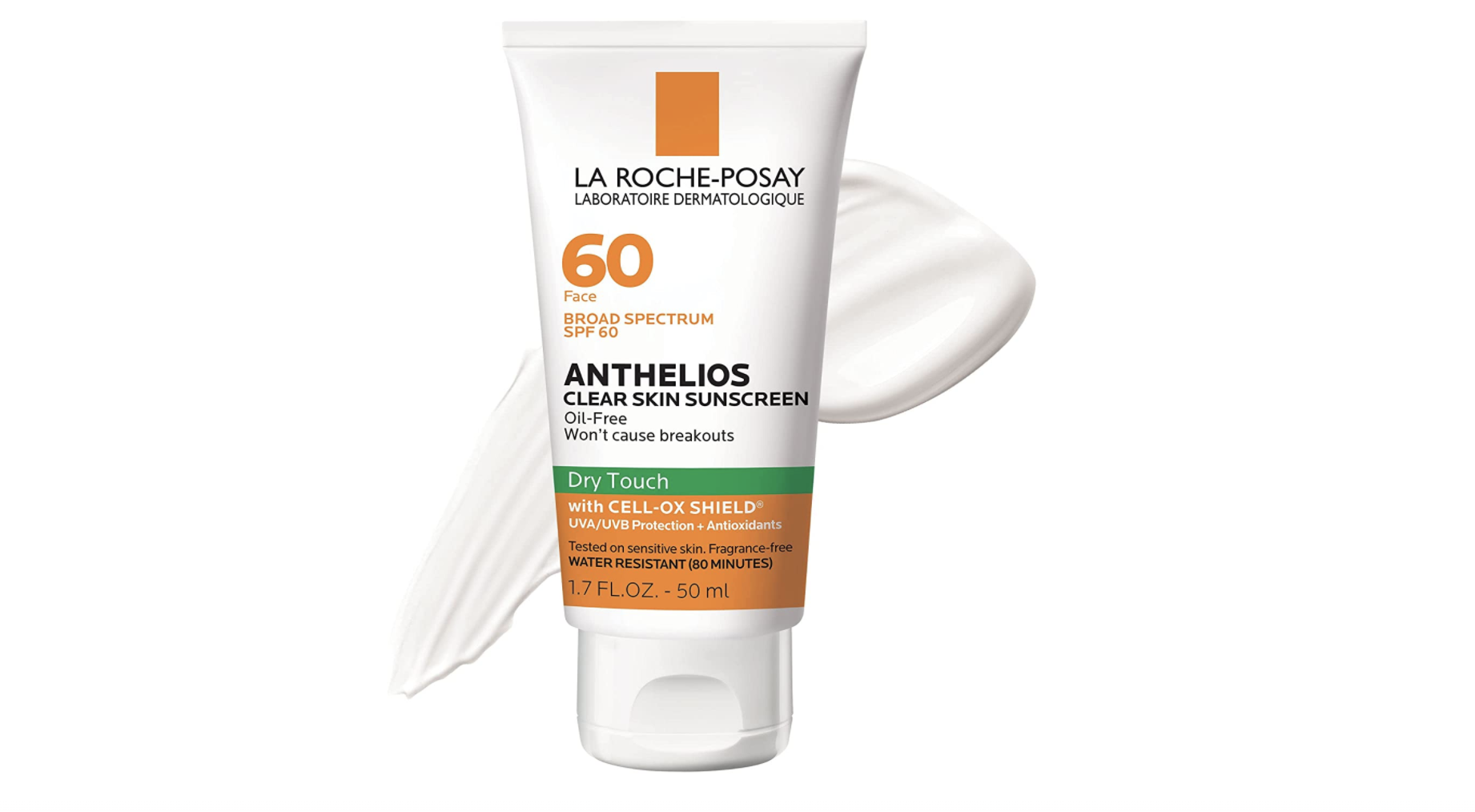
This oil-free, non-comedogenic, and dry touch SPF is one of the best-selling sunscreens on the market—and for good reason. The formula is dermalogist-approved for both sensitive and acne-prone skin, and the lightweight formula doesn't feel greasy or leave behind an oily residue. It’s great to wear under makeup too.
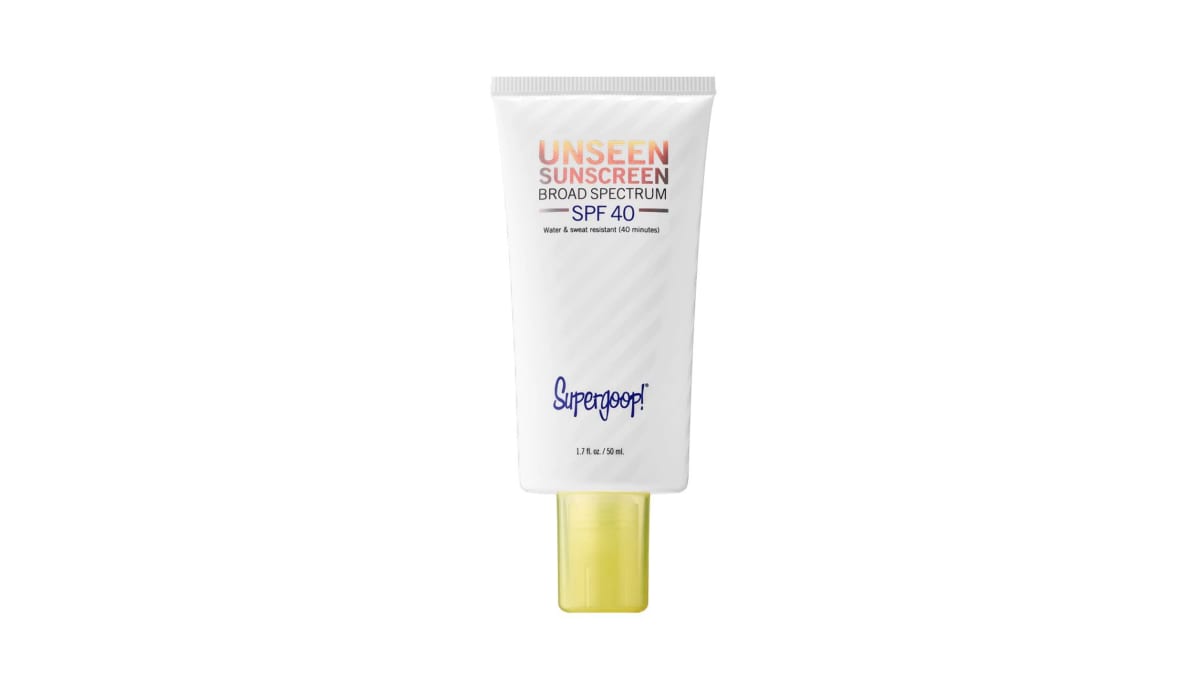
This oil-free SPF has become a cult favorite among beauty editors in recent years thanks to its non-comedogenic formula (it won’t cause breakouts or clog your pores) and its gorgeous primer-like finish that leaves the skin feeling like velvet. It fills in pores and preps the skin for foundation like a dream while giving you SPF defense.
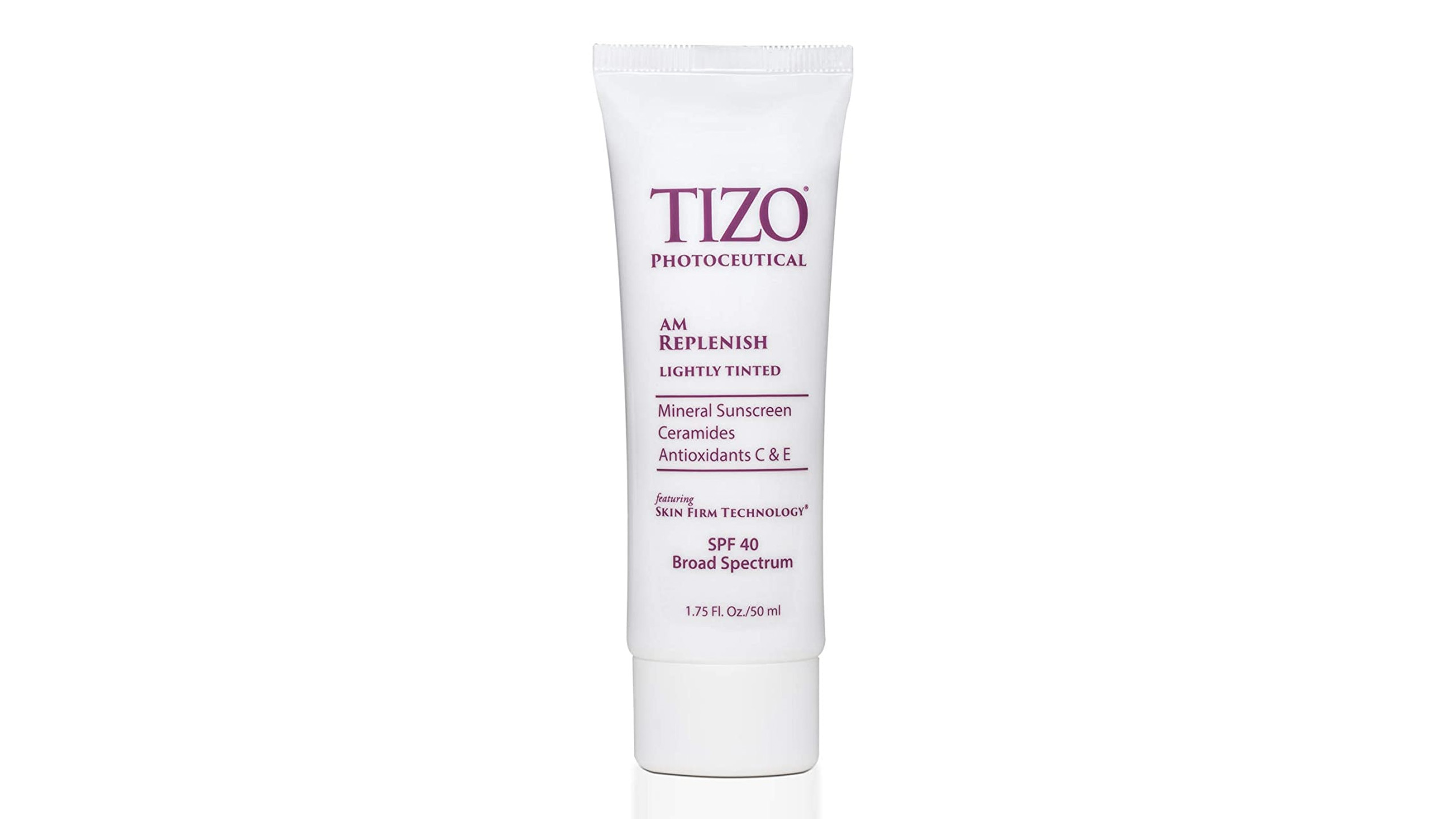
Dr. Kikam recommends TIZO Photoceutical AM Replenish Lightly Tinted for those who are more melanated. The SPF 40 broad-spectrum mineral sunscreen doesn’t leave a white cast, and it’s creamy and highly moisturizing.“It also contains Iron oxide, an ingredient known to block visible/blue light which has been linked to hyperpigmentation in darker skin types,” says Dr. Kikam. Other ingredients that give this sunscreen more than just sun protection are ceramides and antioxidants.
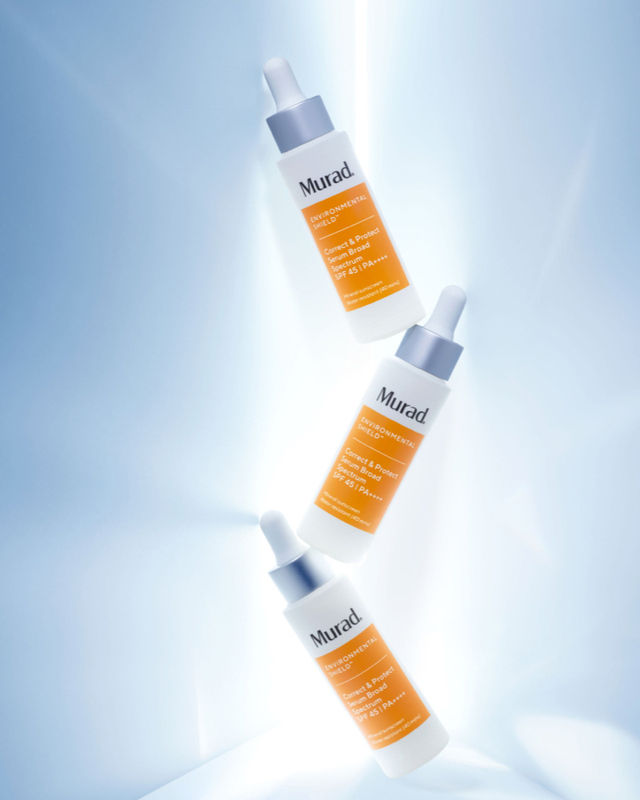
Murad’s recently-launched skincare-infused SPF is one of the best multi-tasking skincare formulas to enter the market in quite some time. The non-greasy and lightweight mineral SPF is suspended in a serum-like formula, which allows you to evenly dispense the right amount and mix it into your other skincare products.Best of all, it’s made with Carotenoid technology reflects UV light to give you a healthy glow and a blend of hydrating and hyperpigmentation-fighting antioxidants to both correct and prevent sun damage.
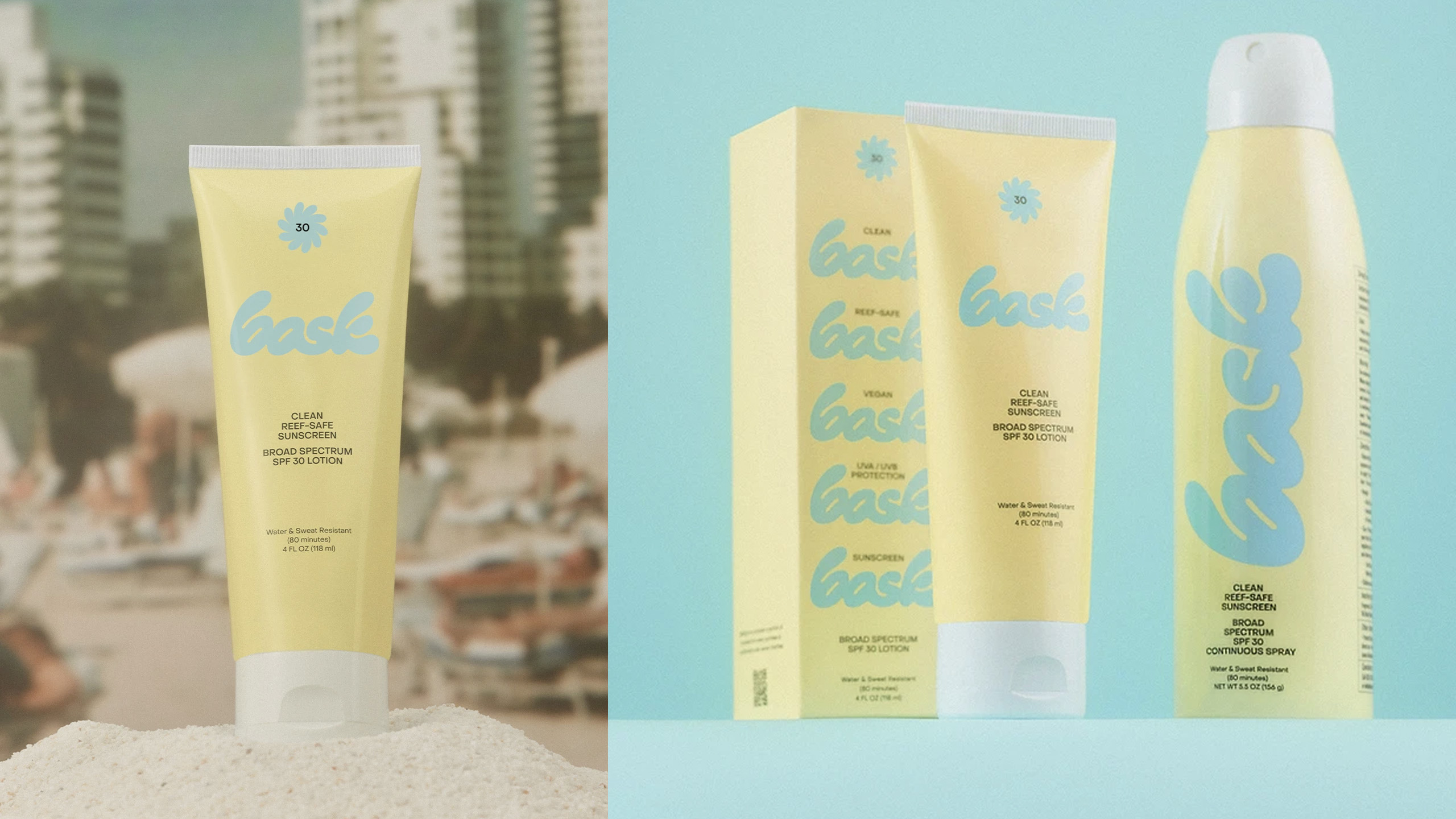
If you like piña coladas and getting great coverage, the Bask vanilla-coconut scented SPF 30 broad-spectrum lotion may quickly become your favorite.“The cosmesis would be great for most skin tones, unlike the mineral sunscreen ingredients that may leave a white cast,” said Dr. Kikam about Bask.The lotion-like consistency is also easy to rub in and doesn’t leave your skin feeling icky, perfect for a day at the beach when reapplying can quickly feel like a chore.
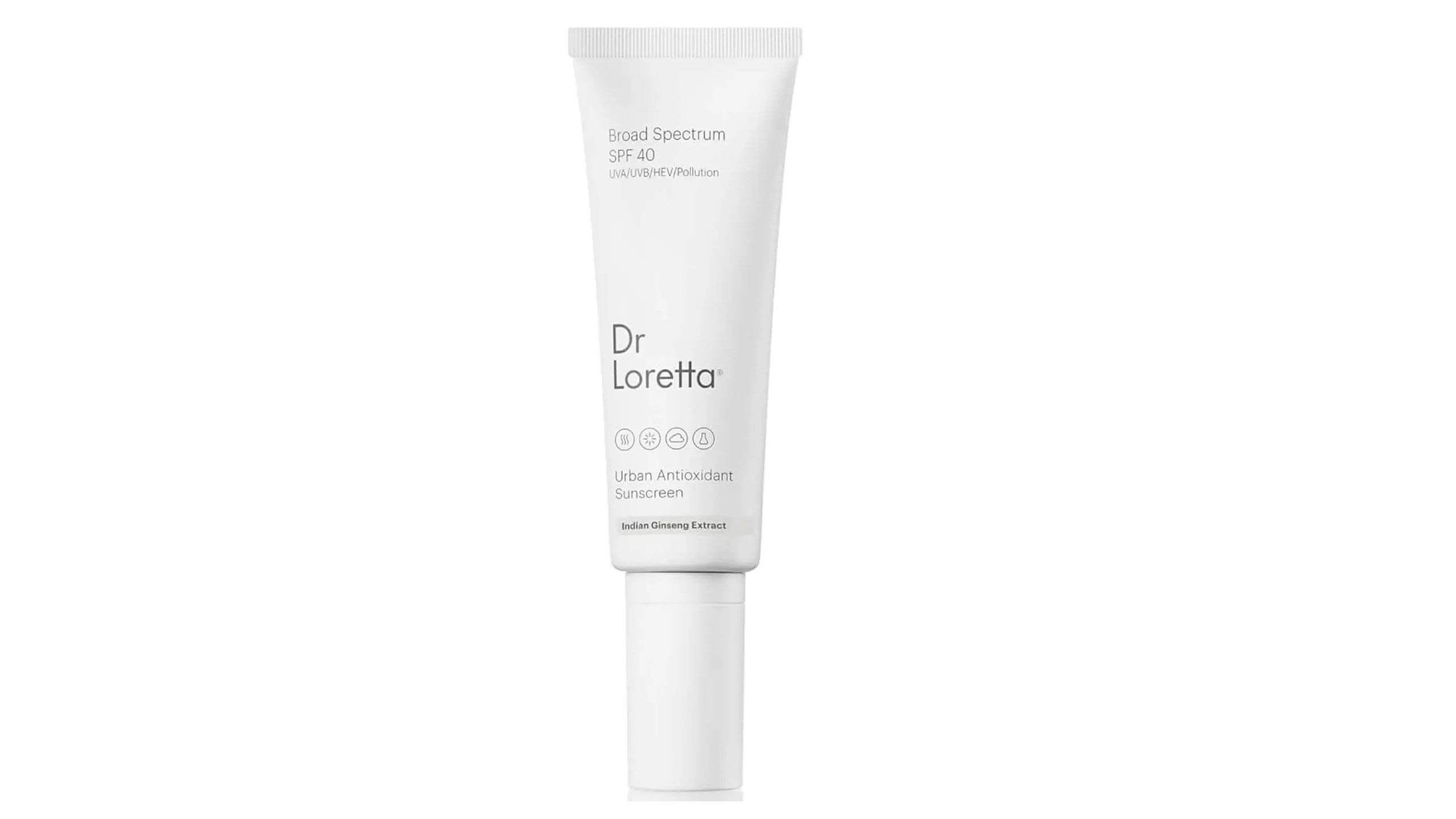
Formulated by dermatologist Dr. Loretta Ciraldo, this chemical-physical combination Urban Antioxidant SPF 40 sunscreen protects your skin from the damage of UVA, UVB, HEV, and pollution. In addition, the slight tint gives it a concealer-like quality that layers well under makeup.Dr. Kikam said, “If you love combination sunscreens, then this is a good one. I also like its antioxidants to boost sun protection, such as antioxidant lipochroman and galangal root extracts. It also has rice peptides to address premature aging.”
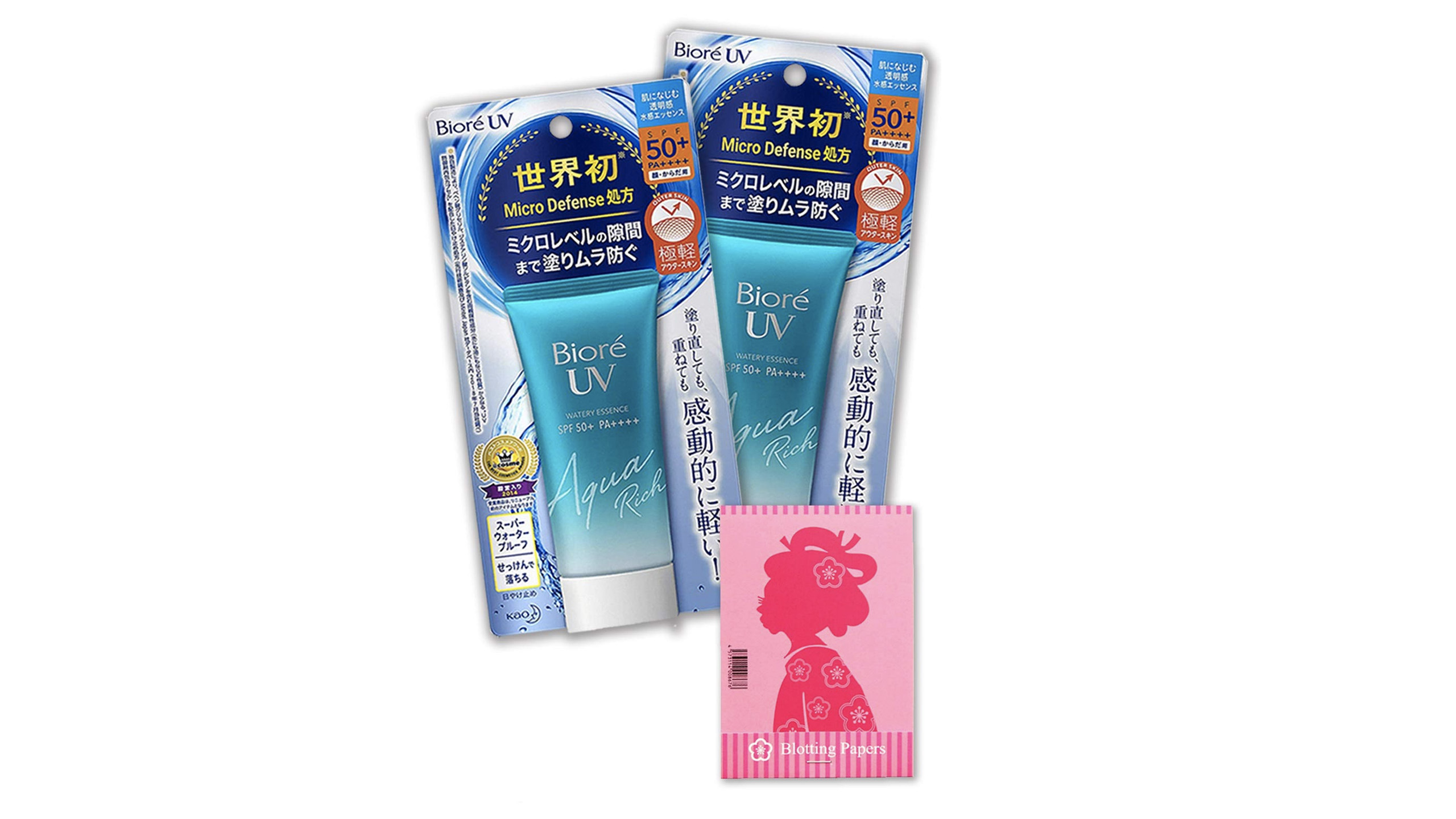
The Biore UV Watery Essence broad-spectrum SPF 50 sunscreen has a watery gel-like consistency that absorbs quickly without leaving a sticky mess behind.“This is a fantastic sunscreen,” said Dr. Wong. “It's very lightweight, which means that a lot of people who haven't been using sunscreen because it's too heavy and uncomfortable can integrate one into their routine easily.”
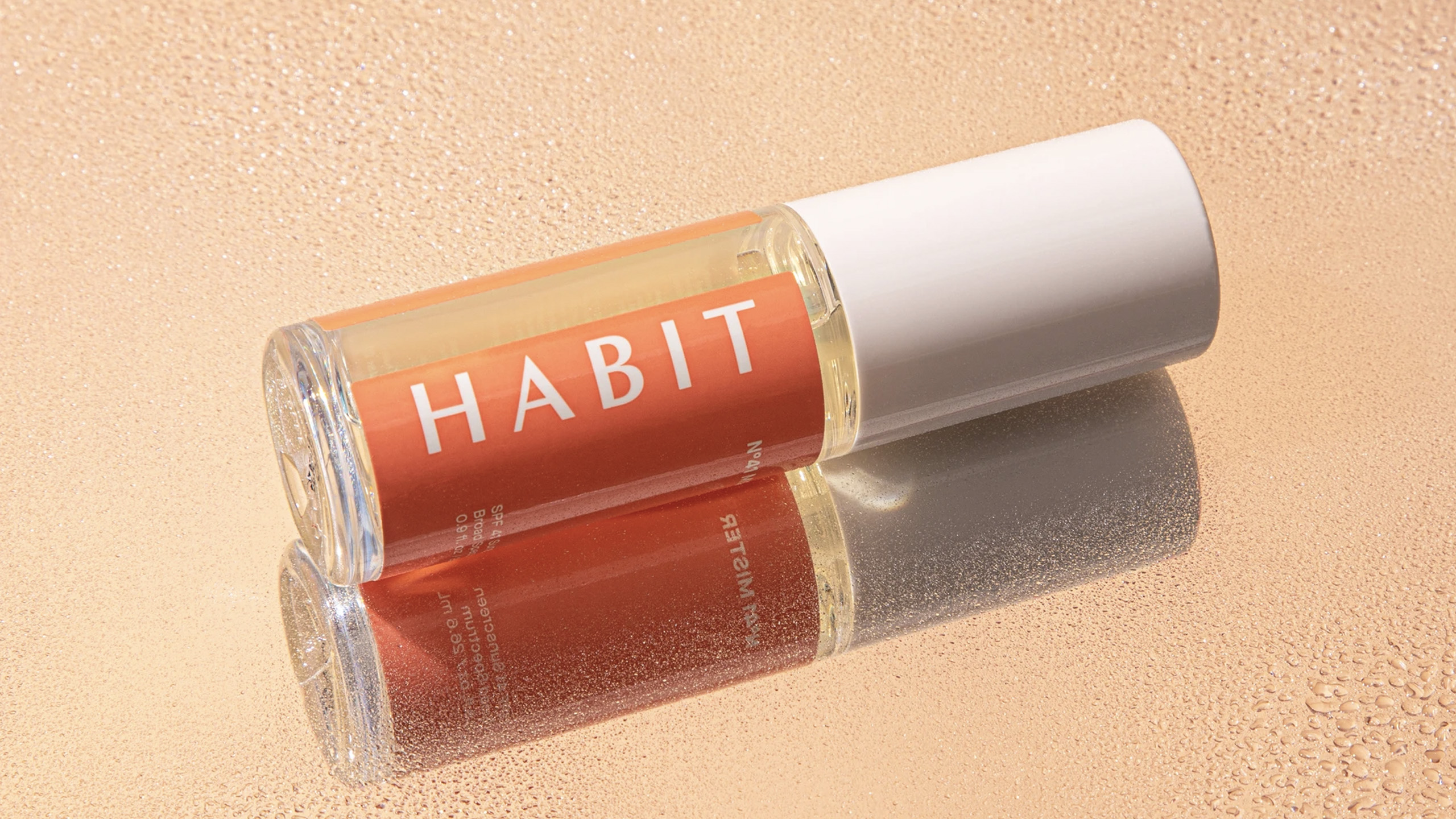
The N°41 MISTER spray-on broad-spectrum SPF 41 sunscreen offers a solution to those on the go. With an ultra-fine mist, the sunscreen is perfect for when you don’t want to touch your face or mess up your makeup.The formula is protective too. “This sunscreen combines several effective chemical sunscreen filters to achieve broad-spectrum coverage, which is great,” said Dr. Kikam.
Scouted selects products independently and prices reflect what was available at the time of publish. Don’t forget to check out our coupon site to find deals from Sephora, CVS, and more. If you buy something from our posts, we may earn a small commission.






